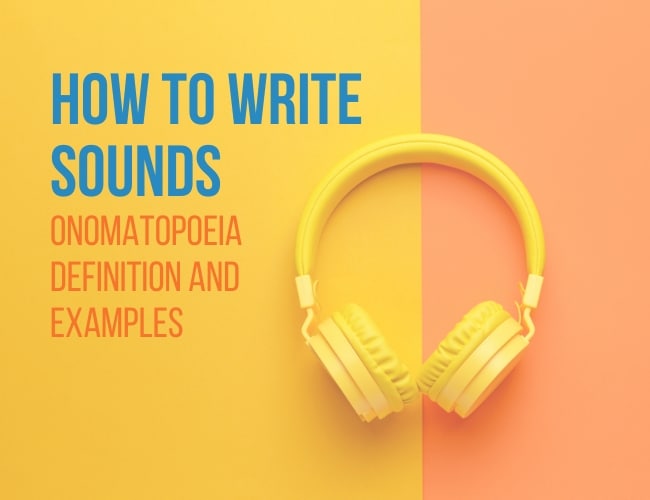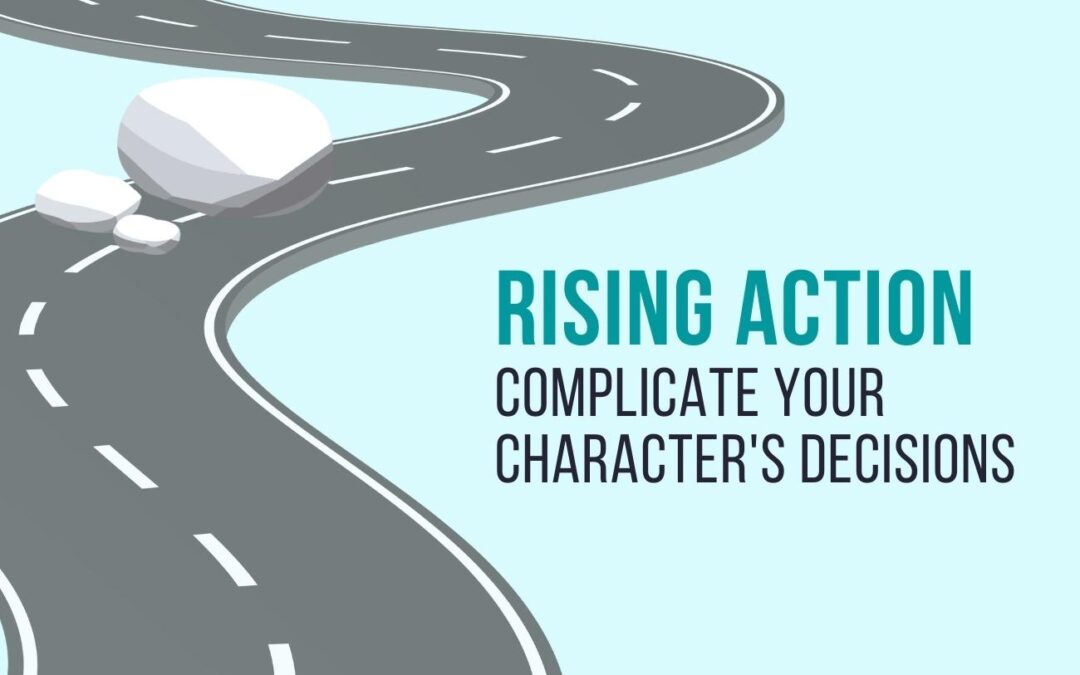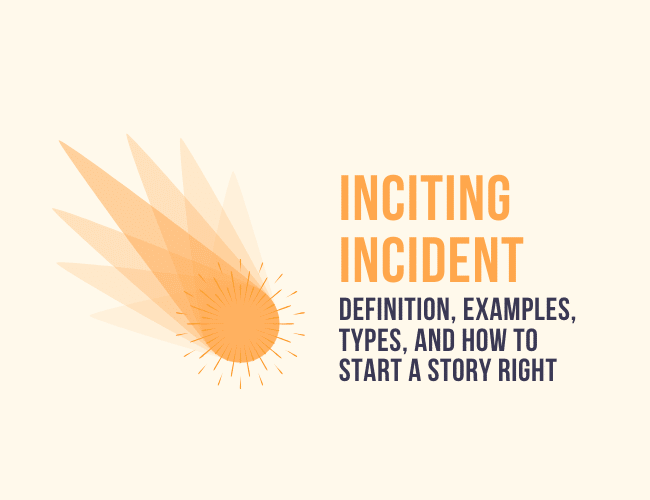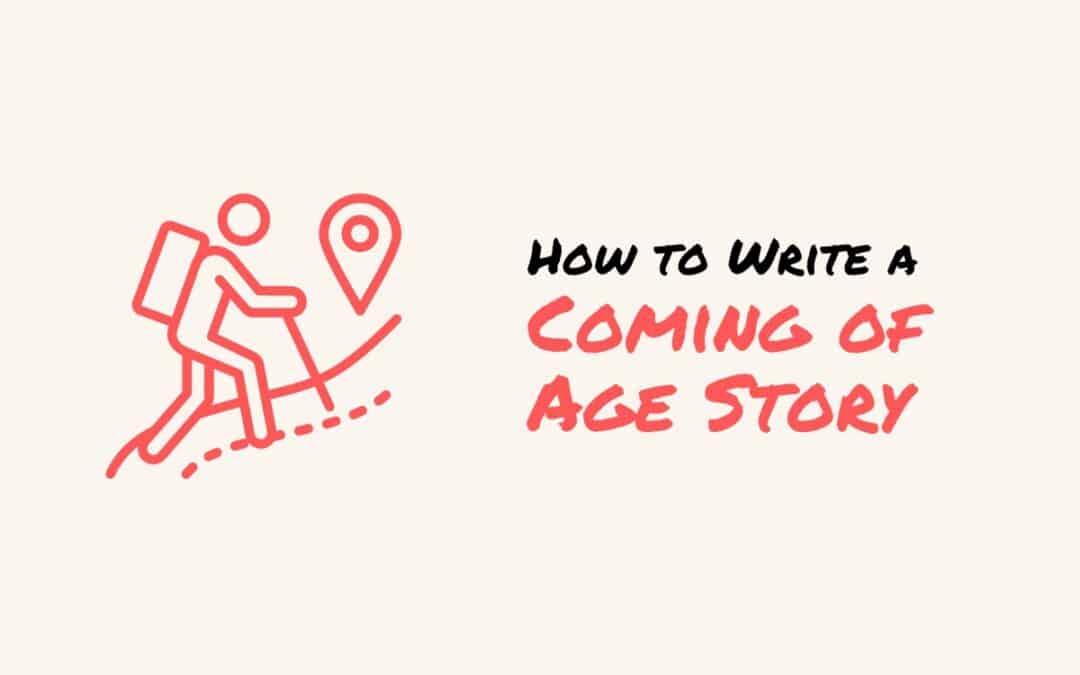
by Joe Bunting |
How does onomatopoeia work? And how can you use it to write sounds? In this article, I’ll give you the definition of onomatopoeia, share a list of onomatopoeia examples, and end with a creative writing exercise.

by Joe Bunting |
If you’ve ever told a good story—one that has your friends or family on the floor laughing, or else on the edge of their seat asking, “What happened next?!”—then you know that you can’t get to the point of the story too quickly.
Instead, you draw out interest. You talk about all the things that went wrong. You make jokes and accentuate the best details. When you’re done, it’s not the punchline people remember; it’s everything leading up to it.
The same is true when you’re writing a story, particularly in novels, memoirs, and screenplays. It’s called the Rising Action, and it’s essential to get it right IF you want to write entertaining, informative, and deeply connecting stories.
In this article, I’m going to talk about the rising action: what it is, how it works in a story, how it’s been treated by scholars who study story structure throughout history, and finally how you can use it to write a great story.

by Joe Bunting |
If you are planning on writing a story, there is something you need to consider besides basic plot structure. You need to determine your Inciting Incident.
What incident will compel your protagonist to act, prompting them to move through a meaningful story?
Let’s take a look at what an inciting incident is and how to write one.

by Joe Bunting |
How do good stories start? In the middle of the action? With a slow buildup to the action?
Exposition is a literary term that deals with how to start a story.
In this article, I’ll define exposition, talk about how it fits into the dramatic structure, give examples of expositions from popular novels, plays, and films, and then give a few tips on how to use the exposition best in your writing.

by Joe Bunting |
So you want to know how to write a coming of age story?
Coming of age is one of the central themes in all of literature, but it’s also a specific type of story in its own right, one of the nine types of stories that we talk about in The Write Structure plot framework.
It’s also one of the few ways we describe all change in a character, one of the two internal plot types! Which means if a character is growing and maturing in your story, no matter what age they are, you might be telling a coming of age story.







